World
The modern world cannot be studied without examining the course, impact and legacy of two world wars, the resources in this section set out to look at both the First and Second World Wars in their global context. The section also includes the Cold War and its impact in Latin America, South-East Asia and parts of Africa. This period also sees the rise and fall of European imperialism and the changing nature of global politics and economics as technology brings different stories from so many parts of the world directly to us. Read more
Sort by:
Date (Newest first) | Title A-Z
Show:
All |
Articles |
Podcasts |
Multipage Articles
-

Iconic Images of War: photographs that changed history
ArticleClick to view -

Immigration and the making of British food
ArticleClick to view -
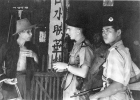
Imperialism resurgent: European attempts to 'recolonise' South East Asia after 1945
ArticleClick to view -

India and the British war effort, 1939-1945
ArticleClick to view -
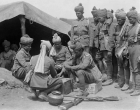
India in 1914
ArticleClick to view -

Jawaharlal Nehru: The Last Viceroy?
ArticleClick to view -

Joseph Priestley's American Dream
ArticleClick to view -
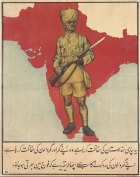
Journeys Home: Indian forces and the First World War
ArticleClick to view -

Kennedy and the Bay of Pigs
ArticleClick to view -
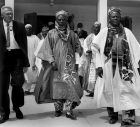
Legacies of the Cement Armada
ArticleClick to view -
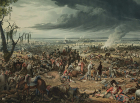
Losing sight of the glory: five centuries of combat surgery
ArticleClick to view -

Lyndon Johnson & Albert Gore: Southern New Dealers and the Modern South
ArticleClick to view -
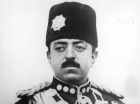
Mission to Kabul: Destabilising the British strategic position, 1916
ArticleClick to view -
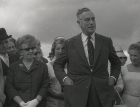
Mountbatten in retirement: the abortive trip to rebel Rhodesia
ArticleClick to view -
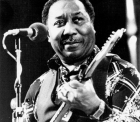
Muddy Waters: from migrant to music icon
ArticleClick to view -

My Favourite History Place: Mandala House
ArticleClick to view -

My Favourite History Place: The Tenement Museum, New York
ArticleClick to view -
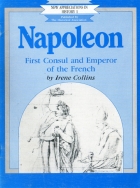
Napoleon: First Consul and Emperor of the French
ArticleClick to view -
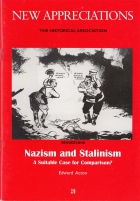
Nazism and Stalinism
ArticleClick to view -

Nineteenth Century African chiefs in Nuneaton: A local mystery uncovered
ArticleClick to view

